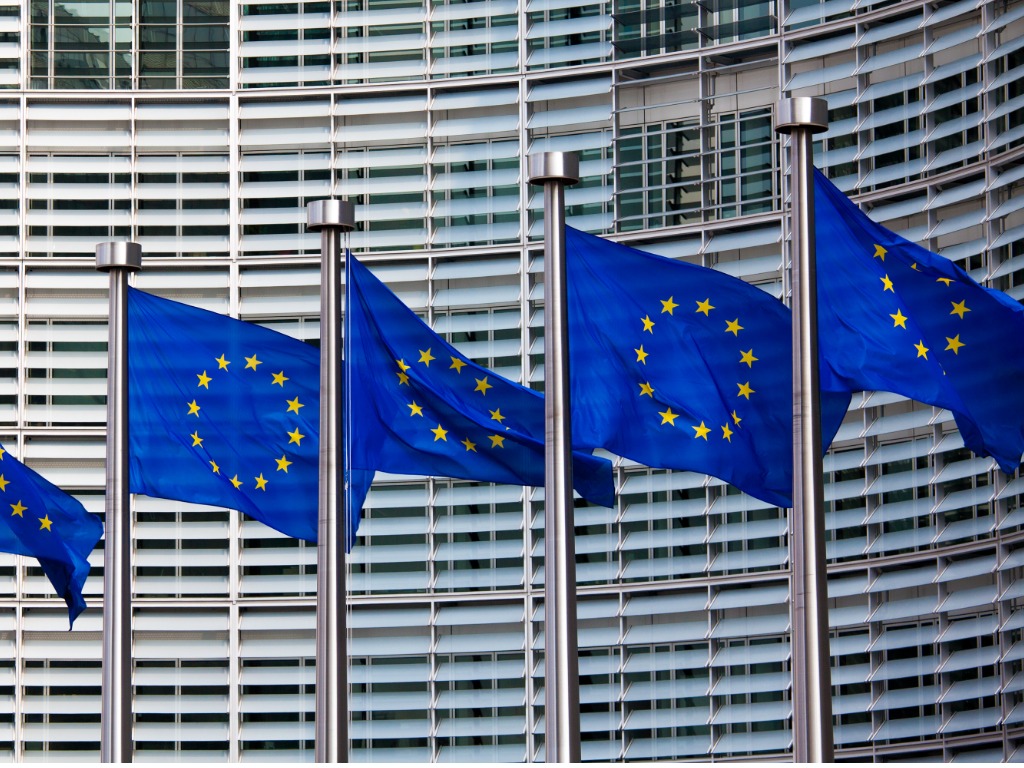EU Lawmakers Agree on Rules Banning Deforestation-Linked Products
Lawmakers in the European Parliament and the European Council announced today an agreement on regulations supporting deforestation-free supply chains, aimed at ensuring that products imported to or exported from EU markets no longer contribute to deforestation and forest degradation globally.
The announcement marks a major step in the creation of laws to effectively ban deforestation-linked products on the EU market, and establishing strong compliance requirements for companies providing or utilizing key commodities and products such as palm oil, beef, timber, coffee, cocoa, rubber and soy. Derived products – such as beef, furniture and chocolate – are also included in the new rules.
Marian Jurečka, Czech Minister of the Environment, said:
“The EU is a large consumer and trader of commodities that play a substantial part in deforestation – like beef, cocoa, soy and timber. The new rules aim to ensure that when consumers buy these products, they don’t contribute to further degrading forest ecosystems.”
According to the UN Food and Agriculture Organization (FAO), an estimated 420 million hectares of forest, representing an area larger than the EU, were lost to deforestation between 1990 and 2020, with EU consumption responsible for approximately 10% of global deforestation.
A recent report released by the UN-backed Race to Zero found that deforestation attributable to companies with land-based value chains, particularly in the forest, land and agriculture sectors, is responsible for a significant proportion of global greenhouse gas (GHG) emissions. The sectors contribute 22% of global emissions, half of which are driven by deforestation.
Under the agreed-upon rules, companies that want to place relevant products on the EU market, or export them, will face mandatory due diligence rules, including a requirement to trace the products back to the plot of land where it was produced, to prove that the products were produced on land that was not subject to deforestation after 2020, and are compliant with all relevant applicable laws in force in the country of production.
The agreement also includes guidance for penalties for non-compliance, including fines proportionate to the environmental damage and the value of the relevant commodities or products, as well as temporary exclusion from public procurement processes and from access to public funding.
Frans Timmermans, Executive Vice-President for the European Green Deal, said:
“As we make the green transition in the European Union we also want to ensure that our value chains become more sustainable as well. Combatting deforestation is an urgent task for this generation, and a great legacy to leave behind for the next.”
The new regulation will officially enter into force after formal adoption by the EU Council and Parliament, giving operators and traders 18 months to implement the new rules, with a longer implementation period provided for smaller enterprises.





